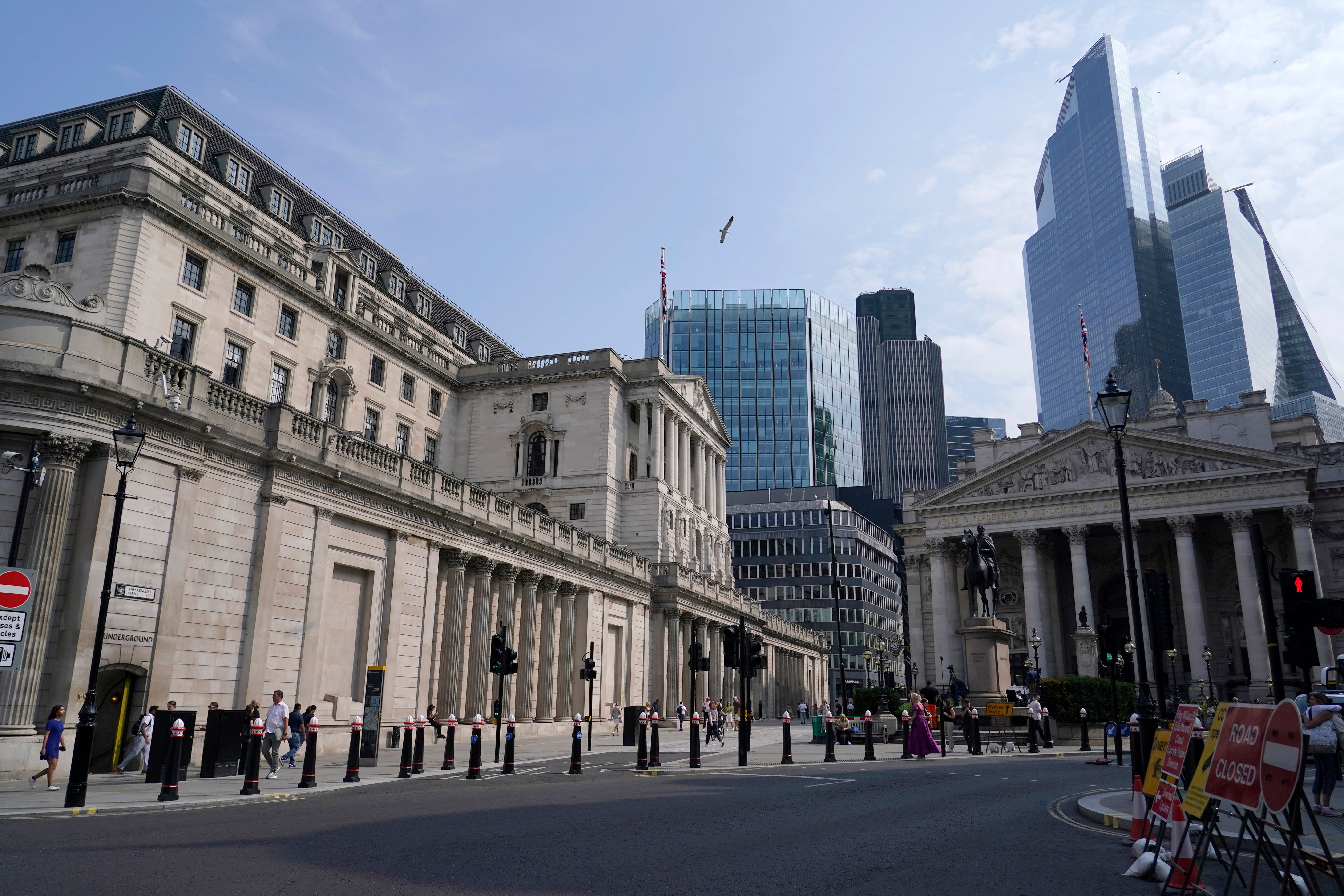How will inflation affect Labour’s plans for the economy?
With just six weeks left to go until Rachel Reeves unveils her first Budget, Sean O’Grady looks at the likely next steps by the Bank of England on interest rates in light of the latest figures


It’s early days, obviously, but one of the factors that helps any government “deliver” and win re-election is a healthy economy. Having repeatedly stated that they inherited the worst economic situation since the war – albeit a highly tendentious claim – Labour undoubtedly faces a challenge in achieving the electorally magical combination of low inflation, high employment, rising living standards, healthy public finances, and moderate interest rates.
Within that framework, the news that the annual rate of inflation in August was unchanged at 2.2 per cent revealed a rather mixed picture. It was in line with market expectations, but there is still significant “core” inflation (stripping out volatile items such as food and energy) and inflation in the service sector (which best reflects what’s happening with wages and is the first to signal any danger of a homegrown “price-wage spiral”).
The Bank of England’s Monetary Policy Committee (MPC) meets at noon on Thursday to consider its next move on interest rates...
What will the MPC do?
Most likely it will pause the current trend to lower rates, and wait and see how inflation and other stats progress this month and next. The decision will be finely balanced in any case (it was 5 to 4 in favour of a 0.25 per cent cut to 5 per cent in the Bank rate last month).
The markets do think the November meeting of the MPC will see a reduction in the Bank rate to 4.75 per cent. That meeting will also see the publication of the Monetary Policy Committee Report, and a full press conference with the governor, Andrew Bailey, all of which will give the Bank ample opportunity to explain its thinking.
What could go wrong?
Unexpectedly strong data on growth (unlikely) and wages would give the MPC cause for concern, as would any sizeable external shock such as another energy crisis.
What could go right?
The Budget, on 30 October. This is Rachel Reeves’s first major set piece as chancellor, and it will be interesting to see the Bank’s implicit judgement on her record so far and her plans – and of course, the Bank will be fully consulted (unlike with the infamous Liz Truss mini-Budget), so it’ll not get any nasty surprises. On balance, the Budget should encourage the Bank to carry on nudging rates lower.
How are the politics looking?
Tricky for the government, because the public finances are indeed challenging, and they would be even if the £22bn “black hole” (denied by the Tories) hadn’t been “discovered” when Reeves took office. It looks like it’s going to be a tight, rather deflationary Budget, which will be excellent news for interest rates but rather less encouraging for growth in the coming months.
In the medium to long term, it will be vital for Reeves to find a way to “borrow to invest” without violating her fiscal rules – because such investment is the best way to boost the UK’s disappointing long-term trend in its rate of GDP growth.
The good news is that lower mortgage rates should help household budgets as mortgages are rolled over; and the proposed reforms to planning and the housing market might also restrain the rise in private rental prices, which went up across the UK by 8.4 per cent in the year to August. If things go well, then the Bank rate might be around 3 per cent by this time next year, a vindication of Reeves’s tough approach.
What do the Tories say?
Surprisingly little, because they’re preoccupied with the leadership contest. Given that a new leader won’t be in place until 2 November, the Budget reply will have to be made by Rishi Sunak, probably in his last important frontbench appearance, with shadow chancellor Jeremy Hunt by his side. It will be up to their successors to forge a distinctive Tory approach to economic policy.
The early signs are that they remain committed to a hard Brexit along with a populist approach to taxation and public spending, and some are making ominous noises about removing the Bank of England’s operational independence – a risky move.



Join our commenting forum
Join thought-provoking conversations, follow other Independent readers and see their replies
Comments